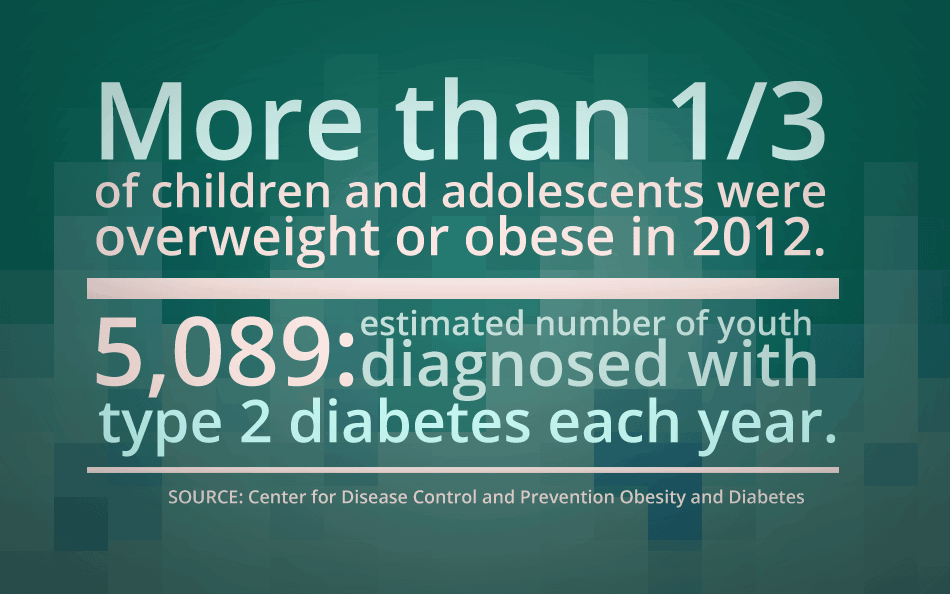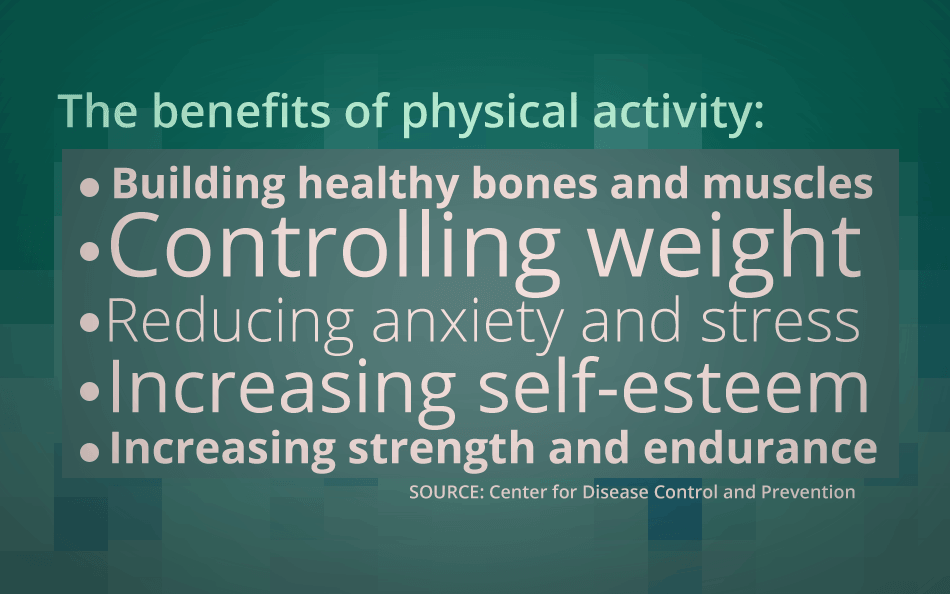Obesity and type 2 diabetes in children has been on the rise. You might be surprised to find that school policies can put kids at risk for obesity and diabetes.

Source: Center for Disease Control and Prevention Obesity and Diabetes
Here are 4 questions to look into about your child's school:
1. Does the school make the healthy choice an easy choice?
Most kids get more than half their daily calories at school, according to Let'sMove.gov. So the food and drinks available in schools can make a huge difference in a kid's diet.
Practicing self control is hard.
Candy and sugary drinks make healthy options less appealing. Choosing healthy options is easier when they are the popular options.
Check to see what kinds of food and drinks are offered at your child's school—in the cafeteria, school store, and vending machines. Ask if there are policies around what and when children have access to during the day.
If the school serves fruits, vegetables, and whole grains during lunch and as snacks, and has taken down advertisements for unhealthy foods—that's a good sign.
If you are not satisfied with the school's food, talk to other parents and see if they feel the same way.
Form a parent wellness team to approach the school's leaders about making changes. Healthy Schools Campaign is a great resource for learning how to create change in your schools.
2. Does the school's curriculum teach about health and wellness?
Knowledge is power. Is the school educating children about healthy eating habits and promoting a healthy lifestyle?
Hopefully this one's an easy yes. But don't take it for granted. Ask the question and find out.
Again if you're not satisfied, add this to the list of items to address with your newly formed parent wellness team.
3. Is there mandatory time for recess and physical activity?
Kids who get more recess behave better and are likely to learn more, according to study published in the American Academy of Pediatrics in January 2011.
Recess allows kids to rest, play, imagine, think, move, and socialize, says the American Academy of Pediatrics in a December 2012 article. All are crucial for a child's healthy development.
Kids aged 6-17 should get at least 60 minutes of physical activity a day, according to the US Department of Health and Human Services.

Source: Center for Disease Control and Prevention
However, some schools have decided to shorten—or cancel recess—in order to focus more on academics and testing.
Check your child's school policy on recess and physical activity. If it's lacking, sign your child up for extracurricular activities that get them moving. And then work with other parents to increase physical activity requirements in school.
4. How are birthdays celebrated in classrooms?
If you have kids in elementary school, birthdays can and should be a big deal. This could also mean a lot of extra sugar and empty calories from cake, cupcakes, candy, and sugary drinks.
And with 20 or more kids in each class, that's a lot of birthdays and a lot of sugar, not to mention Halloween, Valentine's Day and other holidays that tend involve a lot of sugar.
If it's your kid's birthday, here are fun and creative ways to celebrate that don't involve sugary foods.
- Plan a special craft
- Play a class game
- Arrange a treasure hunt
- Do a special birthday show and tell
You will of course need to run these ideas by the teacher to see if they fit into the class schedule.
This is another area that is great to get other moms involved and on the same page.
If you have questions or concerns about obesity or type 2 diabetes in children, schedule an appointment with EIRMC's expert team of pediatricians.
$webqFacilityNumber
Need a Physician?